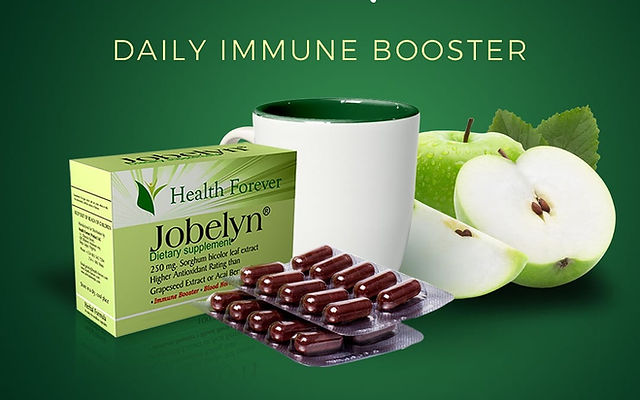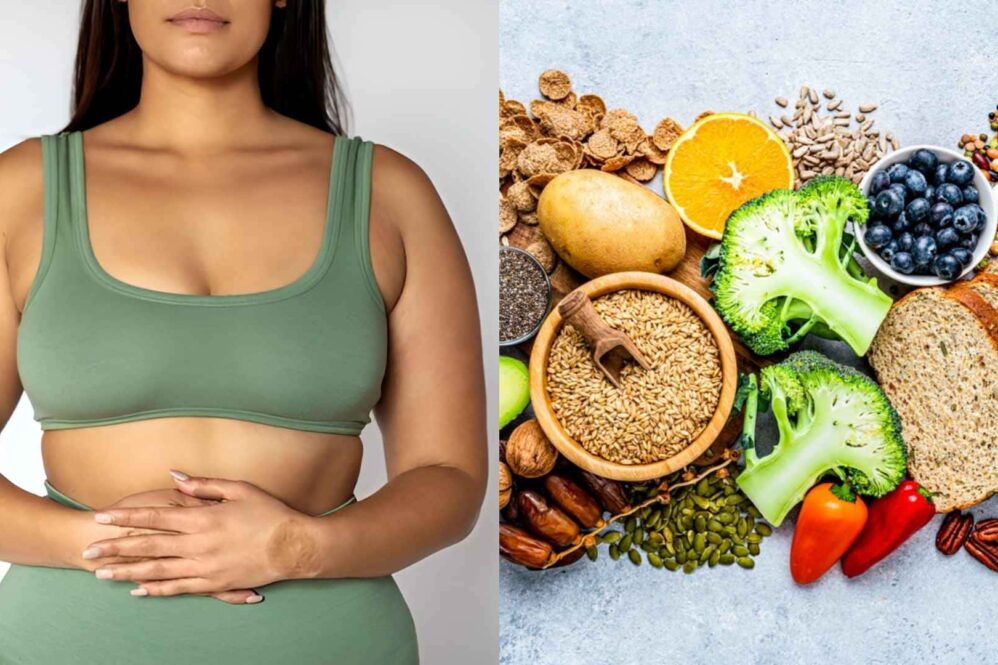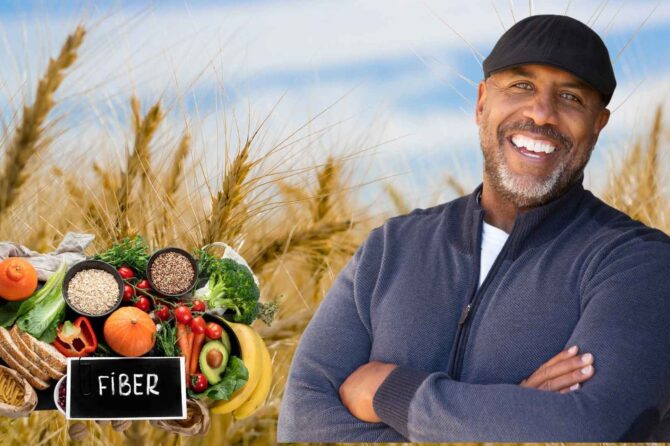The world of dieting and nutrition often presents contradictory advice, leaving many of us unsure about what to eat and what to avoid. However, some foods labelled as ‘bad’ may benefit our health, particularly concerning the loss of visceral fat. In this article, we will explore six foods that dietitians recommend, despite their negative reputations.
The Impact of the Food Industry on Diet Trends
The food industry is complex and multifaceted, with various stakeholders and interests involved. The dieting world is especially affected by fad diets and quick fixes, leading to confusion and frustration for those seeking sustainable lifestyle changes. Additionally, the prevalence of processed and packaged foods has contributed to the growing obesity epidemic, highlighting the need to rethink our approach to food and nutrition.
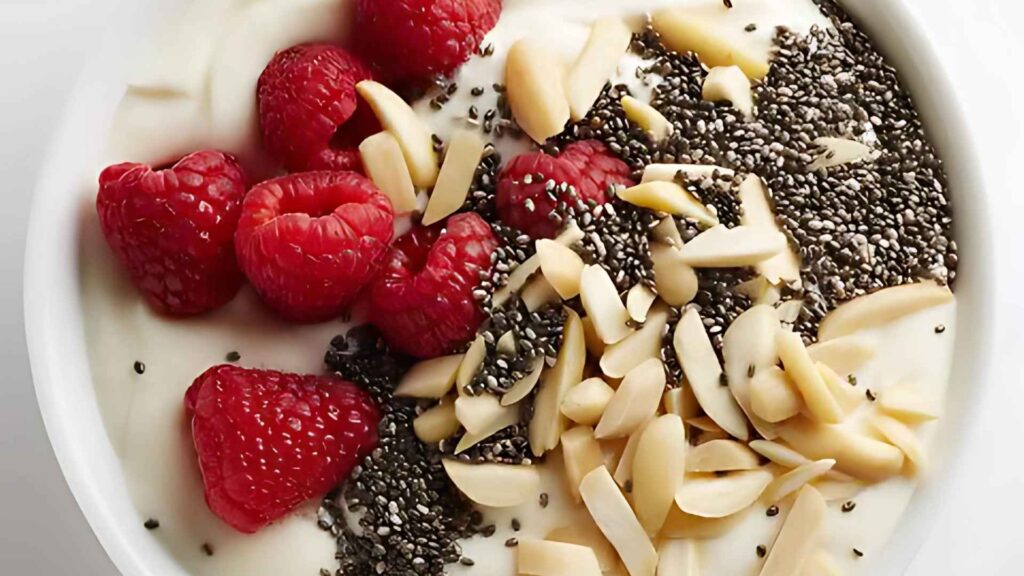
Transitioning to a Sustainable and Healthy Diet
Transitioning to a sustainable and healthy diet can be challenging, especially when faced with the temptation of convenient and processed foods. The lack of clear guidance and conflicting advice often makes it difficult to know where to start. However, with the support of registered dietitians and a focus on whole, nutrient-dense foods, achieving sustainable lifestyle changes and reaching our health and weight loss goals is possible.
Six Surprising ‘Bad’ Foods Recommended by Dietitians
So, what are the ‘bad’ foods that dietitians recommend? Here are six surprising choices:
- Eggs: Once criticized for their high cholesterol content, eggs are now recognized as nutritious foods that can aid in weight loss and improve overall health.
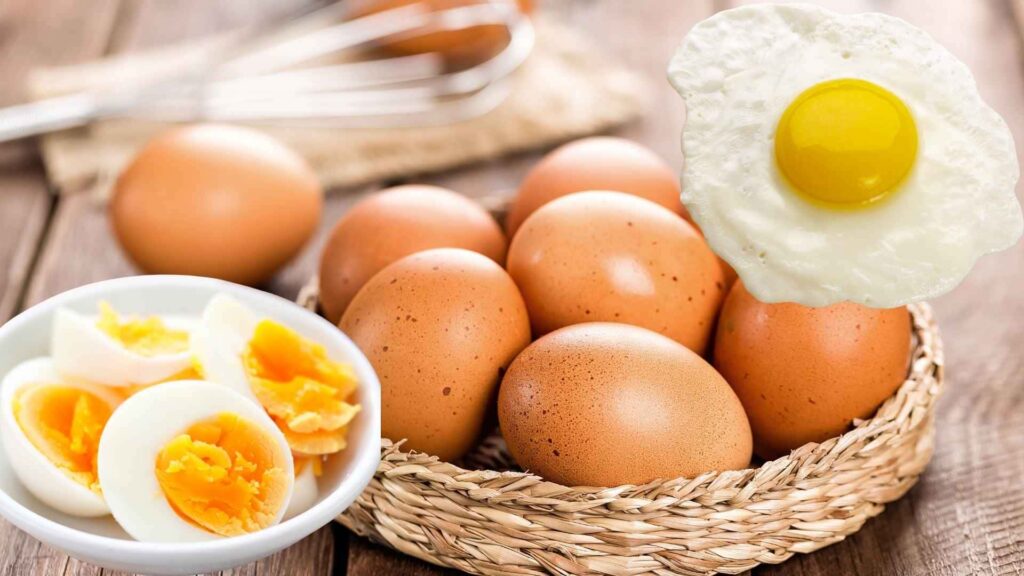
2. Dark Chocolate: When consumed in moderation, dark chocolate can be a healthy addition to our diets due to its high antioxidant content and potential heart health benefits.
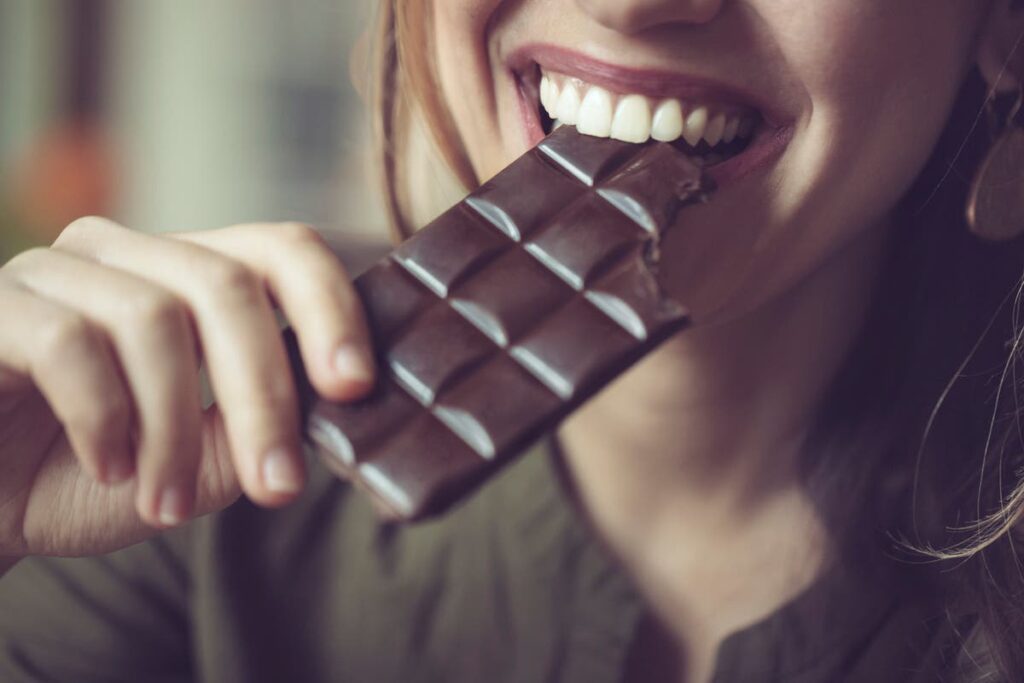
3. Peanut Butter: Although high in calories, peanut butter provides healthy fats and protein, making it a satisfying and nutritious snack.
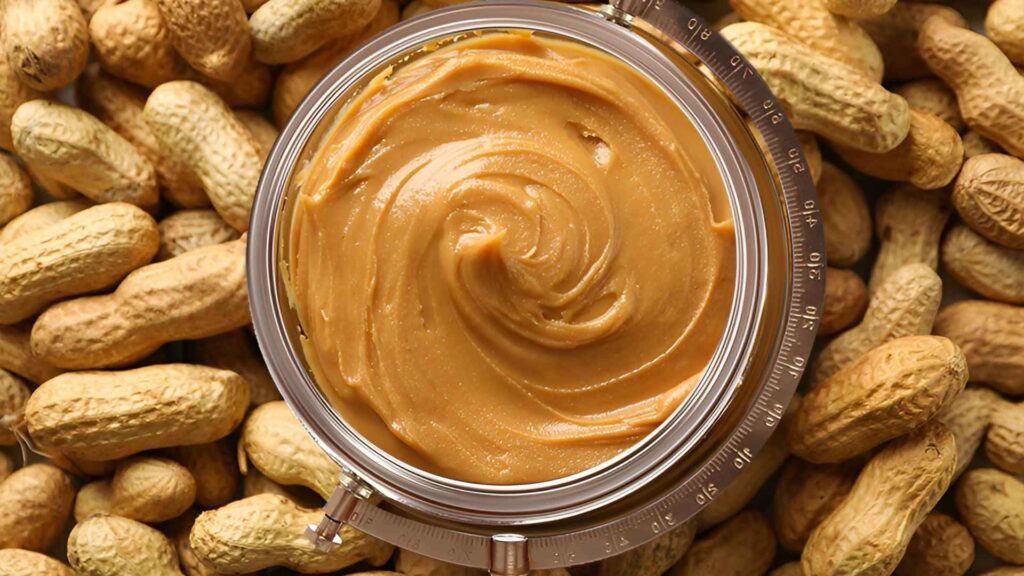
4. Bananas: Often criticized for their sugar content, bananas are also rich in potassium, vitamins, and minerals, making them a healthy dietary choice.
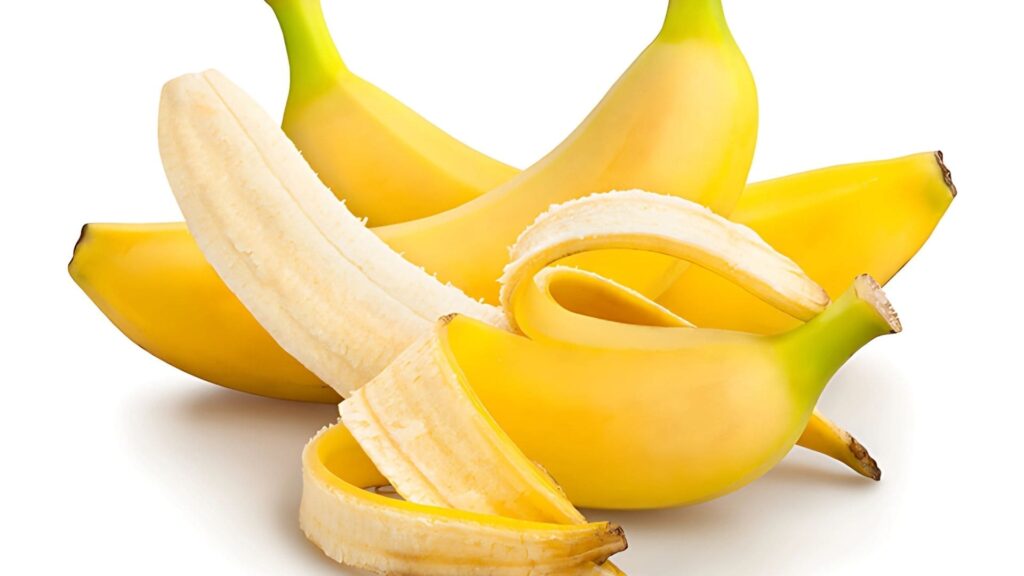
5. Avocados: While high in calories, avocados are an excellent source of healthy fats, fiber, and various essential nutrients, making them a nutritious and filling option.
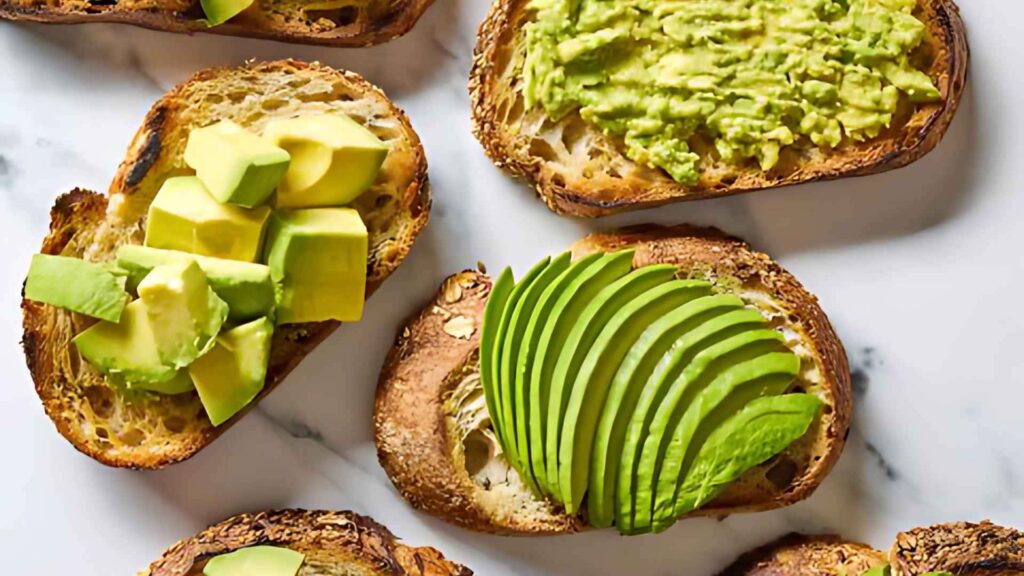
6. Popcorn: Air-popped popcorn is a whole grain snack that is low in calories and high in fiber, making it a healthy and satisfying choice.
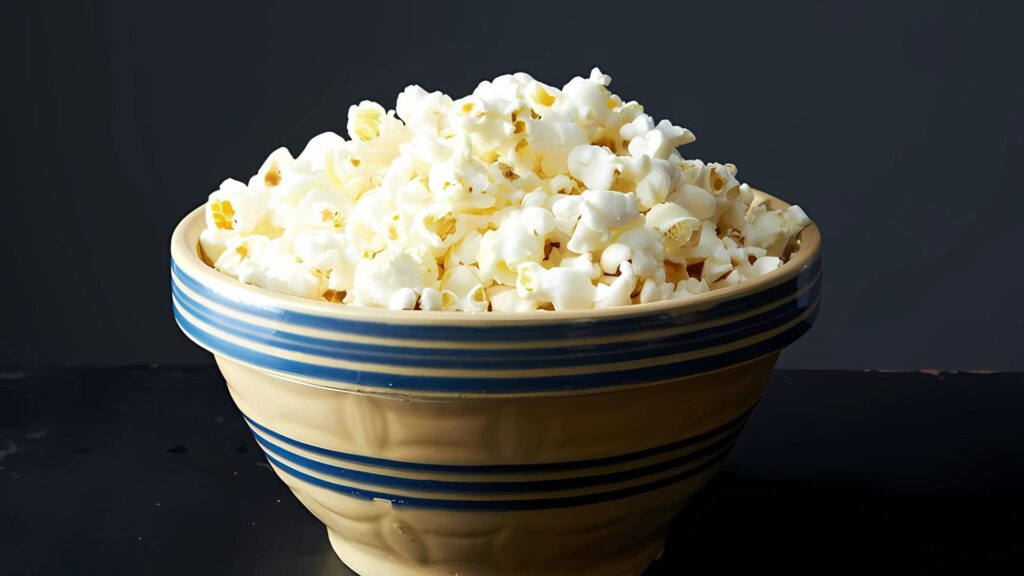
Promoting Sustainable Food Practices through Policies and Regulations
Countries’ policies and regulations play a crucial role in encouraging sustainable food practices and supporting public health initiatives. By enacting policies that promote the production and consumption of whole, nutrient-dense foods, governments can help reduce the burden of diet-related diseases and encourage sustainable agricultural practices.
Successful Food Initiatives Led by Dietitians
Several successful food initiatives led by dietitians and healthcare professionals demonstrate their impact. For example, the Academy of Nutrition and Dietetics’ “EatRight” campaign aims to promote healthy eating habits and provide evidence-based nutrition information to the public. Similarly, the American Heart Association’s “Healthy Eating Plate” initiative offers guidance for healthier eating choices.
Conclusion
The six ‘bad’ foods discussed in this article may prove beneficial for our health, especially in losing visceral fat. By incorporating these foods into our diets alongside other whole, nutrient-dense options, we can foster sustainable lifestyle changes and achieve our health and weight loss goals. Remember, maintaining a balanced and varied diet is essential for good health, and it’s time to reconsider our approach to food and nutrition.
